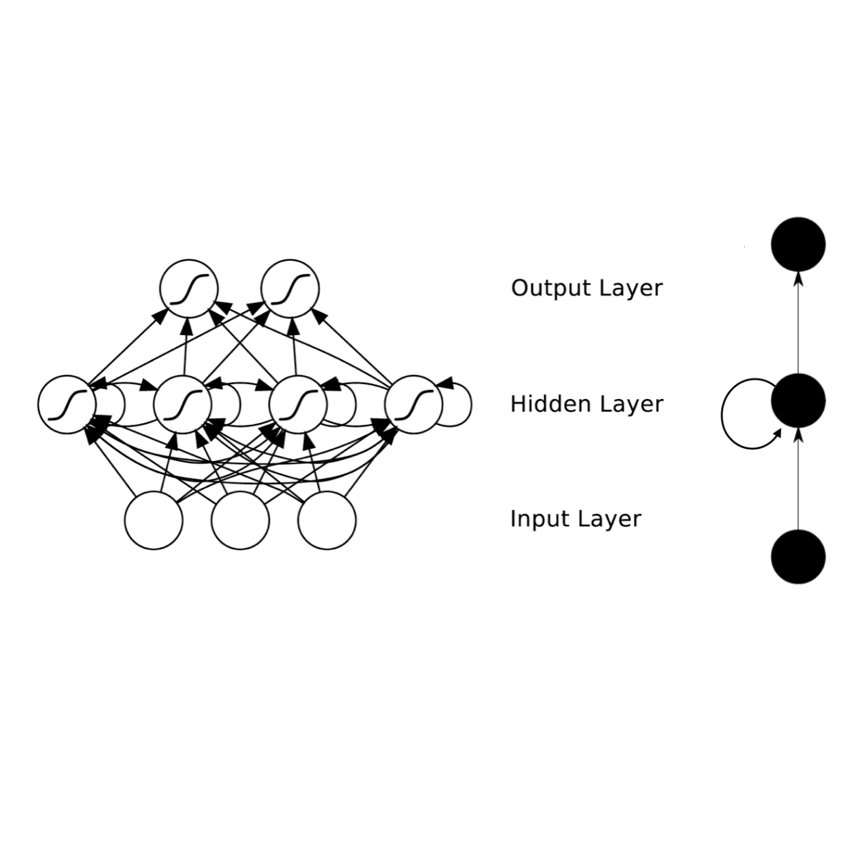Understanding the intricate operations of Recurrent Neural Networks (RNNs) mechanistically is pivotal for advancing their capabilities and applications. In this pursuit, we propose the Episodic Memory Theory (EMT), illustrating that RNNs can be conceptualized as discrete-time analogs of the recently proposed General Sequential Episodic Memory Model. To substantiate EMT, we introduce a novel set of algorithmic tasks tailored to probe the variable binding behavior in RNNs. Utilizing the EMT, we formulate a mathematically rigorous circuit that facilitates variable binding in these tasks. Our empirical investigations reveal that trained RNNs consistently converge to the variable binding circuit, thus indicating universality in the dynamics of RNNs. Building on these findings, we devise an algorithm to define a privileged basis, which reveals hidden neurons instrumental in the temporal storage and composition of variables, a mechanism vital for the successful generalization in these tasks. We show that the privileged basis enhances the interpretability of the learned parameters and hidden states of RNNs. Our work represents a step toward demystifying the internal mechanisms of RNNs and, for computational neuroscience, serves to bridge the gap between artificial neural networks and neural memory models.
翻译:暂无翻译





